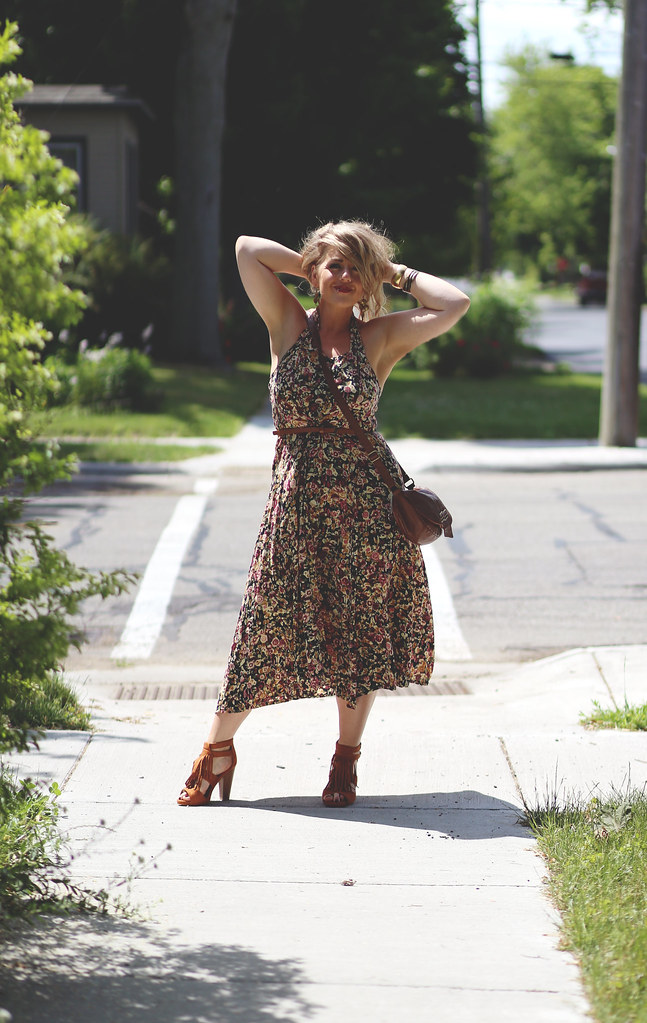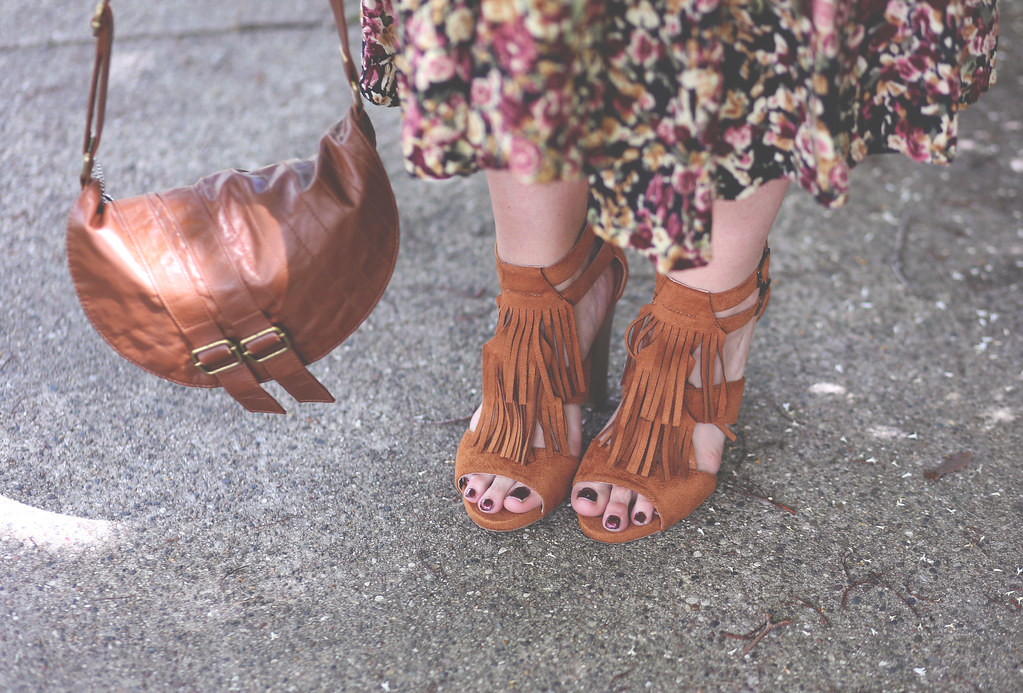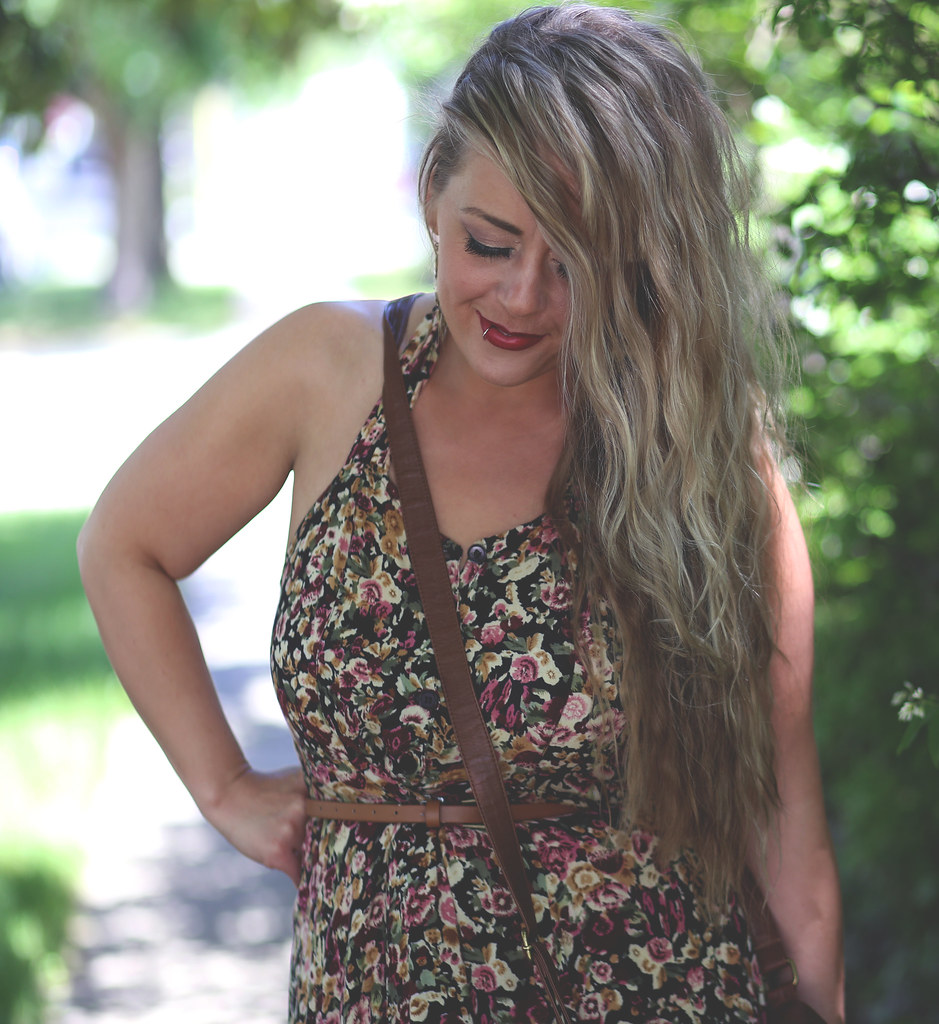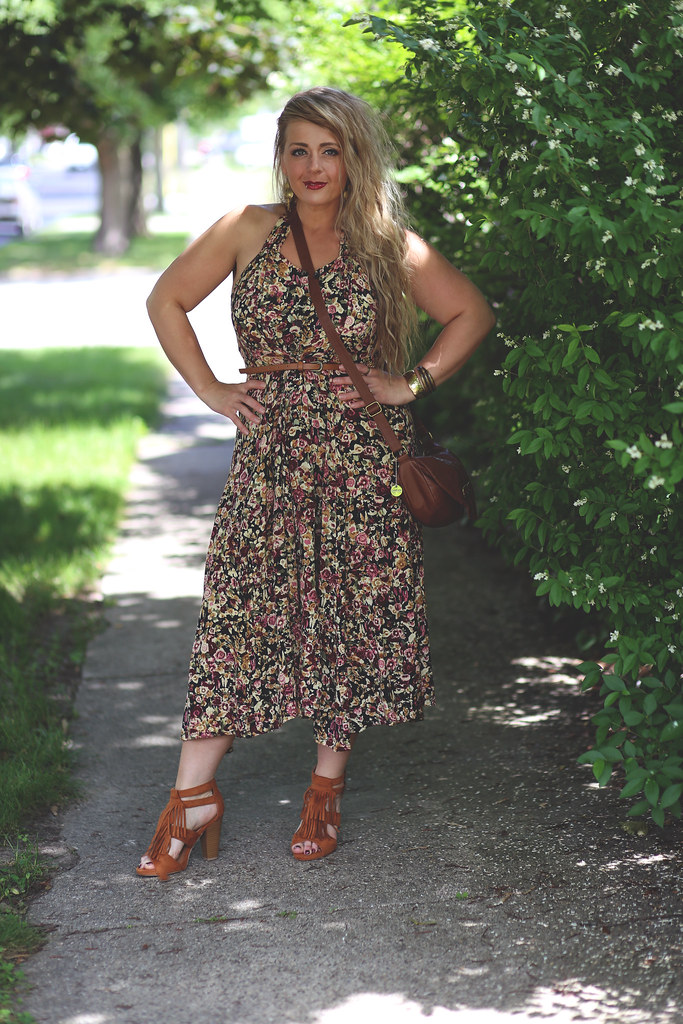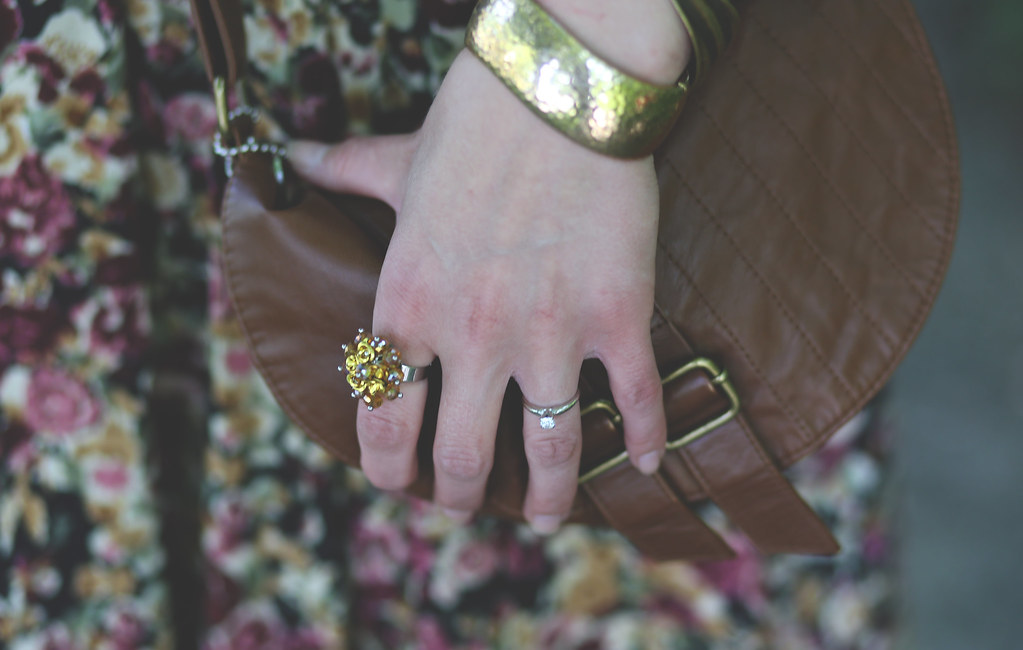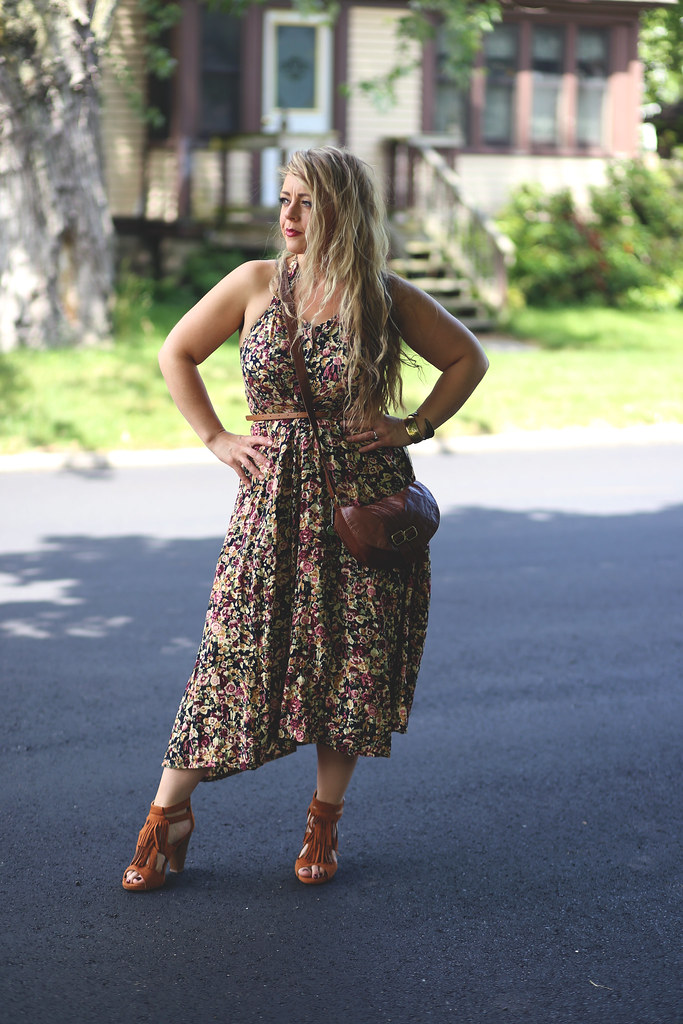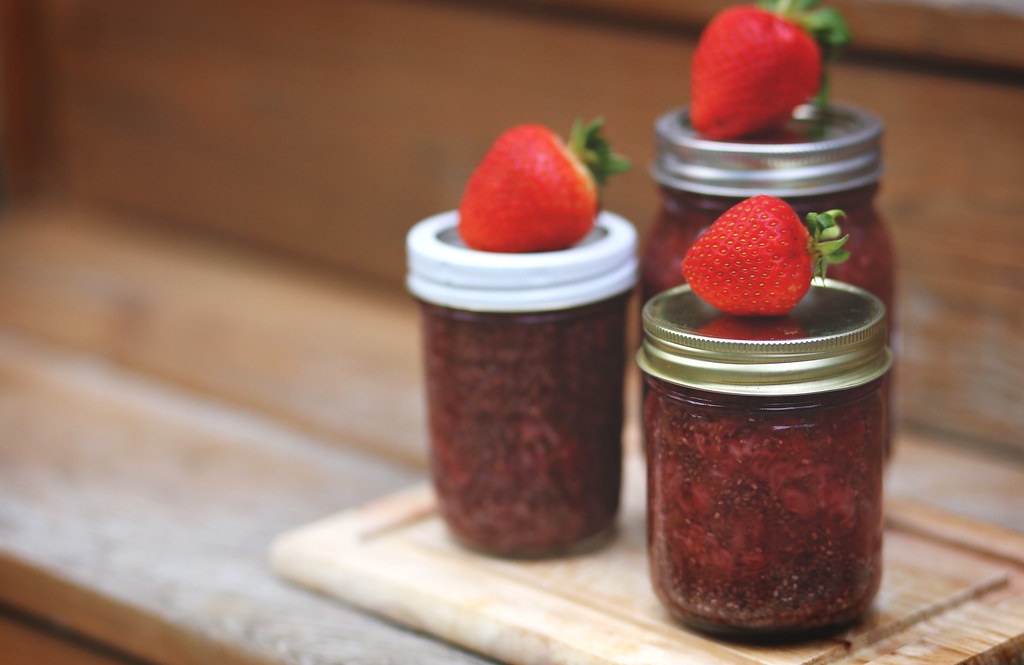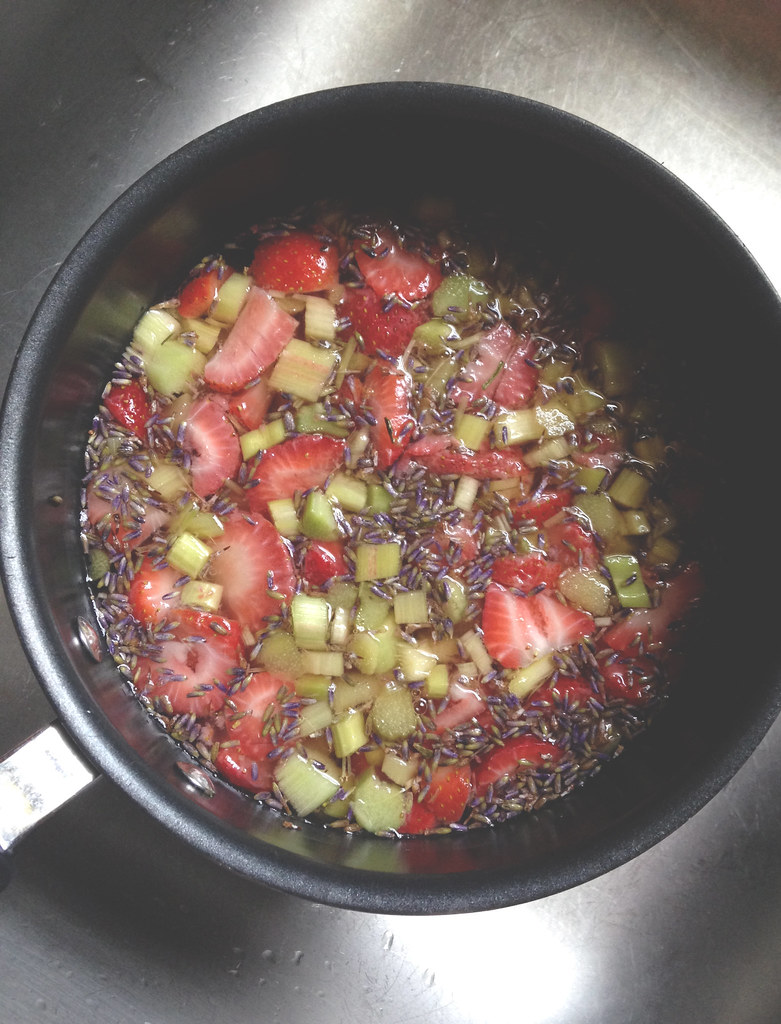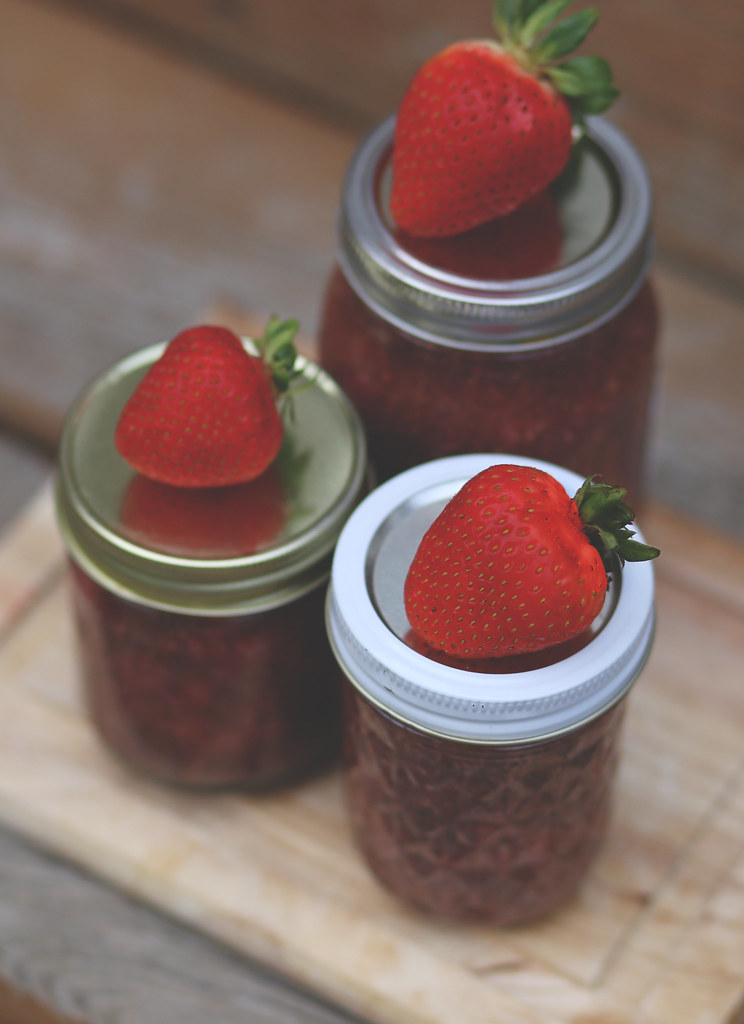^^^Clearly NOT my real body. Because as the kids pointed out, I'm chubby. Duh.
The Day My Students Called Me Fat
Talking to Kids About Body Image
It was a day like any other.
My morning started at 6:30 a.m. Breakfast, lunch packing,
kid dressing, and finally, getting myself ready. Despite popular belief I’m not
much of a morning diva; I usually only have about 20 minutes to get myself
ready after I’ve taken care of other details, but sometimes I
hit the jackpot and nail my “look” in record time. Other days, I just deal with
it.
On this day in question, however, I felt good about my fast-paced
primping. I was donning a cute, thrifted black and white knit dress, paired with some black tights and heels and red
lipstick. I gathered my things, dropped my son off to his class and made it to work on time with a hot coffee in my hand and a smile on my face. Success!
Feeling “put together” in the a.m. helps me to juggle the
wildly varying responsibilities I have at the wonderful non-profit I work for.
I wear many hats—PR practitioner, graphic designer, specials teacher—so it’s
nice to feel on point and ready for the day. Though I enjoy public relations, writing and web
mastering, one of the most
wonderful highlights of my job is working with children. I look forward to my
weekly music classes (this year marked my 14th teaching season), and my
first class of the day was an energetic group of four-year-olds who couldn’t wait
to see what music class had in store for them.
“You look great today!” one of the teachers exclaimed as
they came through the door. “You’re always looking so snappy.” And just as I
was relishing that compliment, I heard from the back of the line, “And you’re
fat, Miss Chantal.” Another student ran up directly behind the first student, confirming
what his friend had observed.
“You are, Miss Chantal, you’re fat.”
I know—when you hear it, you wince. This is normally where
an entire day can be shot down, into a rabbit hole of “I’m-no-good-ness”; where
a person who is otherwise feeling fantastic is suddenly catapulted in to a vortex
of self-loathing and physical criticism that lasts for hours, maybe even days. And certainly, the other teachers who were corralling the wily bunch of preschoolers stopped dead in their tracks. It was almost as if you could audibly hear the needle scratching across the record.
Despite the looks of horror around the room (even from the kids), it didn't send me in to a sad spiral.
“Hmm,” I said to the students. “Let’s come in to the
classroom and talk about that.” I gathered the wide-eyed kids around the gathering rug and
took a breath, thinking about how I would address this issue.
If you’ve been
following my blog, you might have heard about my recent appearance on Muskegon’s
100.9 FM with The Bond Broadcast. In that episode, I was asked how parents or
caregivers can handle body image issues. My answers lined up with all of my
values on paper, but sometimes it can be hard to follow through with those kind
of ideals in the moment, so I wanted to collect myself and think carefully: how
could I communicate the dangers of noticing another person’s body in a way that
is hurtful, while also expressing love for myself in a non-damaging way?
The kids sat around the circle. They had heard. They knew.
And they were nervous. I’m sure they thought that there was probably a big,
intense diatribe headed there way, about how the child’s comment had “hurt my
feelings”.
I looked around at all of the precious doe eyes staring back
at me and took a breath.
“You called me fat,” I said to the student, “I guess my body
looks fat to you. And that’s ok.” Silence from the circle. “Bodies are
different,” I continued. “Some are big, some are small.” The kids nodded in agreement.
“If you call someone fat it’s mean!” A little girl on my
right chimed in. “I would tell someone they looked skinny to be nice!” Touché,
little one, I though. You’re picking up what society is laying down.
“If you really wanted to be nice to someone,” I said to the
group, “You could notice something else about them. Maybe they are a fast
runner. Maybe they can sing well, or tell funny jokes.” The kids nodded. One
boy raised his hand. “I can jump high!” he said.
“Right!” I continued. “My body is very fit, too! And I love
my body, very much. I’m so proud of my body that I don’t want to hear you say
anything negative about it.” The children looked surprised to hear me make this
statement, but the idea slowly started to sink in.
“It’s okay for you to notice
someone else’s body,” I said to the little ones who were shuffling their feet
and biting their fingernails in front of me, “But it’s not up to you to comment
on someone’s body. Keep what you notice to yourself. And be proud of your body.”
The children seemed to understand, but a few weren’t ready
to move on from the topic. “But we can say nice things!” they offered. “Sure,”
I responded, “If you know for sure it is kind. But most of the time, it’s not
up to you to comment on someone else’s body.”
There was a moment or two of silence and I smiled. “Who’s
ready to make music?”
______________________________________
There's so much I left out of the conversation, but children have short attention spans. I wanted to let the kids know that I valued my body, but I also wanted them to know that it's really not okay to comment on how people look most of the time. I know that includes compliments--but we know that can be a slippery slope. "Wow! You're so skinny!" might not be interpreted the way you think. This is a complex matter that adults don't always get right--let alone children. Of course, most of the time, their motivations are pure. They haven't learned to be facetious or passive aggressive yet.
I won't say that I had the perfect response that day, but it wasn't one that left me with any regrets.
What are you teaching your children or students about body image? Let's continue this conversation below in the comments!
